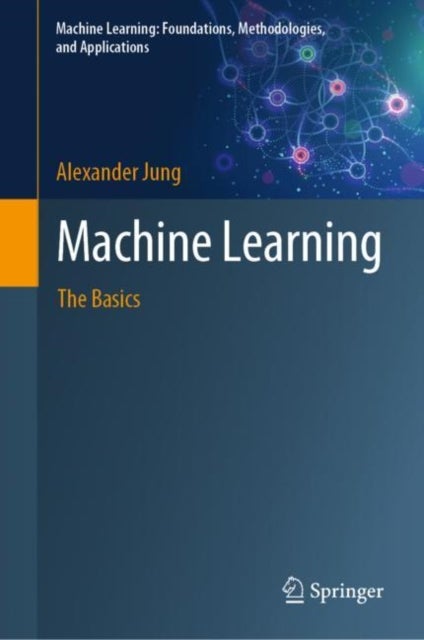
Machine Learning av Alexander Jung
575,-
<div>Machine learning (ML) has become a commonplace element in our everyday lives and a standard tool for many fields of science and engineering. To make optimal use of ML, it is essential to understand its underlying principles. </div><div><br></div><div>This book approaches ML as the computational implementation of the scientific principle. This principle consists of continuously adapting a model of a given data-generating phenomenon by minimizing some form of loss incurred by its predictions. </div><div><br></div><div>The book trains readers to break down various ML applications and methods in terms of data, model, and loss, thus helping them to choose from the vast range of ready-made ML methods.</div><div><br></div><div>The book''s three-component approach to ML provides uniform coverage of a wide range of concepts and techniques. As a case in point, techniques for regularization, privacy-preservation as well as explainability amount to








